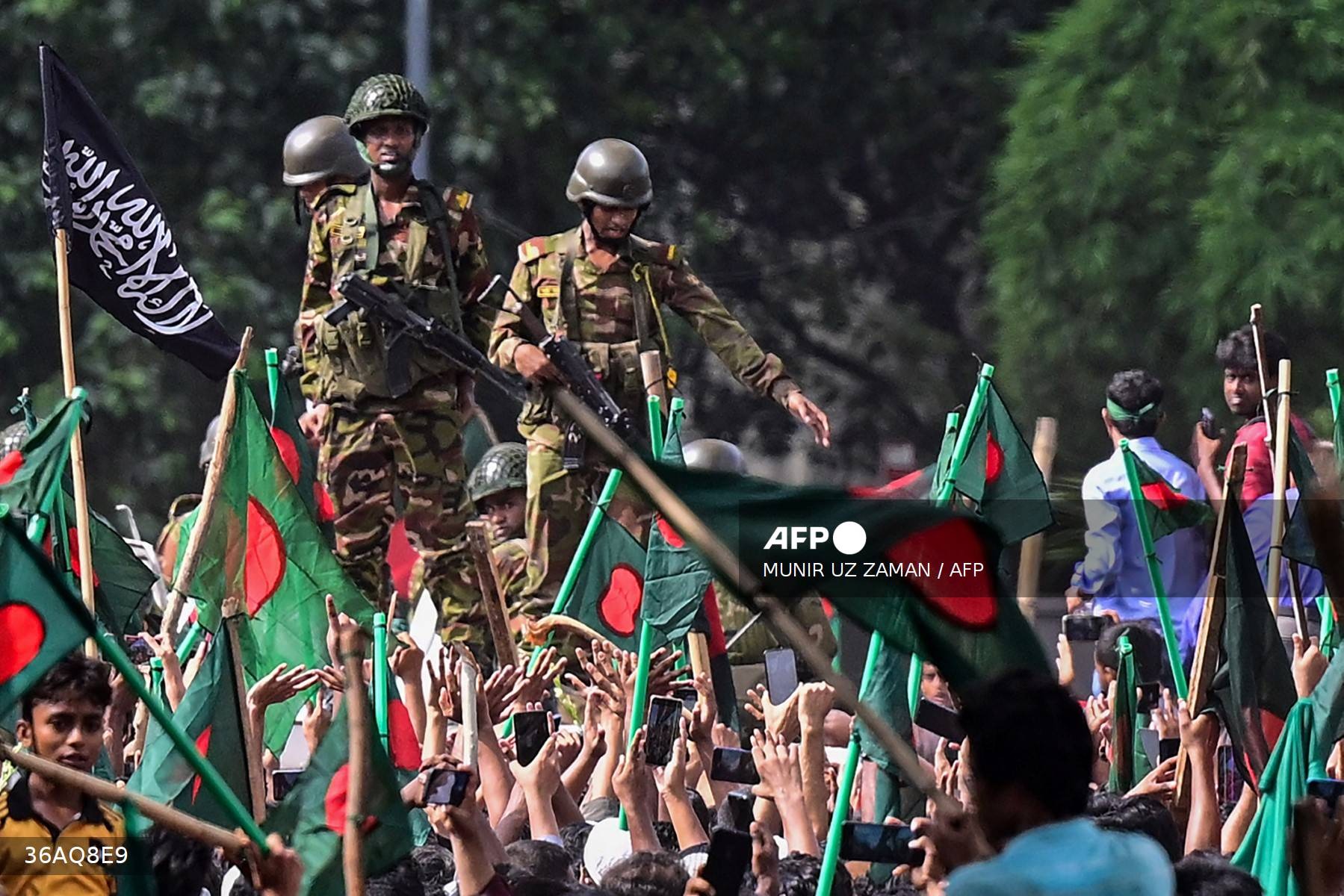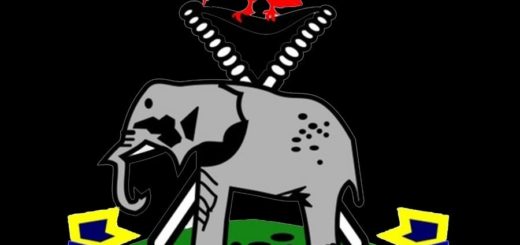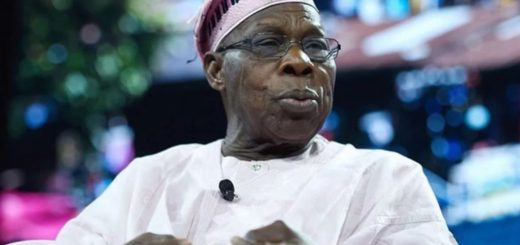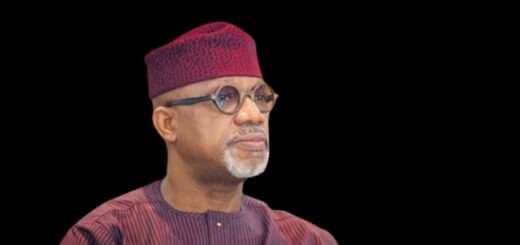Bangladesh Army Chief Waker-Uz-Zaman Assumes Leadership Following PM’s Ouster
 Bangladesh Army Chief Waker-Uz-Zaman, who has spent nearly forty years climbing the military ranks, declared on Monday that he is “taking full responsibility” following the ousting and flight of Prime Minister Sheikh Hasina.
Bangladesh Army Chief Waker-Uz-Zaman, who has spent nearly forty years climbing the military ranks, declared on Monday that he is “taking full responsibility” following the ousting and flight of Prime Minister Sheikh Hasina.
In his address to the nation, Waker, dressed in his green fatigues adorned with medals and a four-star general’s cap, announced that the 76-year-old Hasina had resigned, and the army would establish an interim government. He pledged to address all injustices and work towards halting the violence that has plagued the country.
Waker, who was appointed chief of army staff in June, is a distant relative of Hasina and has served both as a UN peacekeeper and within Hasina’s office. His father-in-law was also an army chief during Hasina’s first term from 1996-2001.
The military had previously declared an emergency in January 2007 due to widespread unrest and established a caretaker government for two years. Hasina then led Bangladesh from 2009 and secured her fourth consecutive election victory in January, though it was marred by the absence of genuine opposition.
As protests stormed Hasina’s palace and she fled by helicopter on Monday, Waker indicated he would consult the president to form a new government and vowed to prosecute those responsible for the violence. The army, which had been deployed to suppress protests, shifted its stance on Sunday, allowing some demonstrations to continue.
Waker has engaged with main opposition parties and civil society groups but not with Hasina’s Awami League. He emphasized the need for unity to build a better future and urged students, who initially protested against government hiring rules but escalated their demands to Hasina’s resignation, to remain calm and support the army.
With a background that includes two UN peacekeeping missions in Angola and Liberia, Waker, who is reportedly 57 or 58 years old, has also trained in Britain and holds master’s degrees in defense studies from Bangladesh’s National University and King’s College London. He was commissioned in 1985 and has served as an instructor at the Army’s College for Infantry and Tactics and Bangladesh’s Institute for Peace Support Operations.













